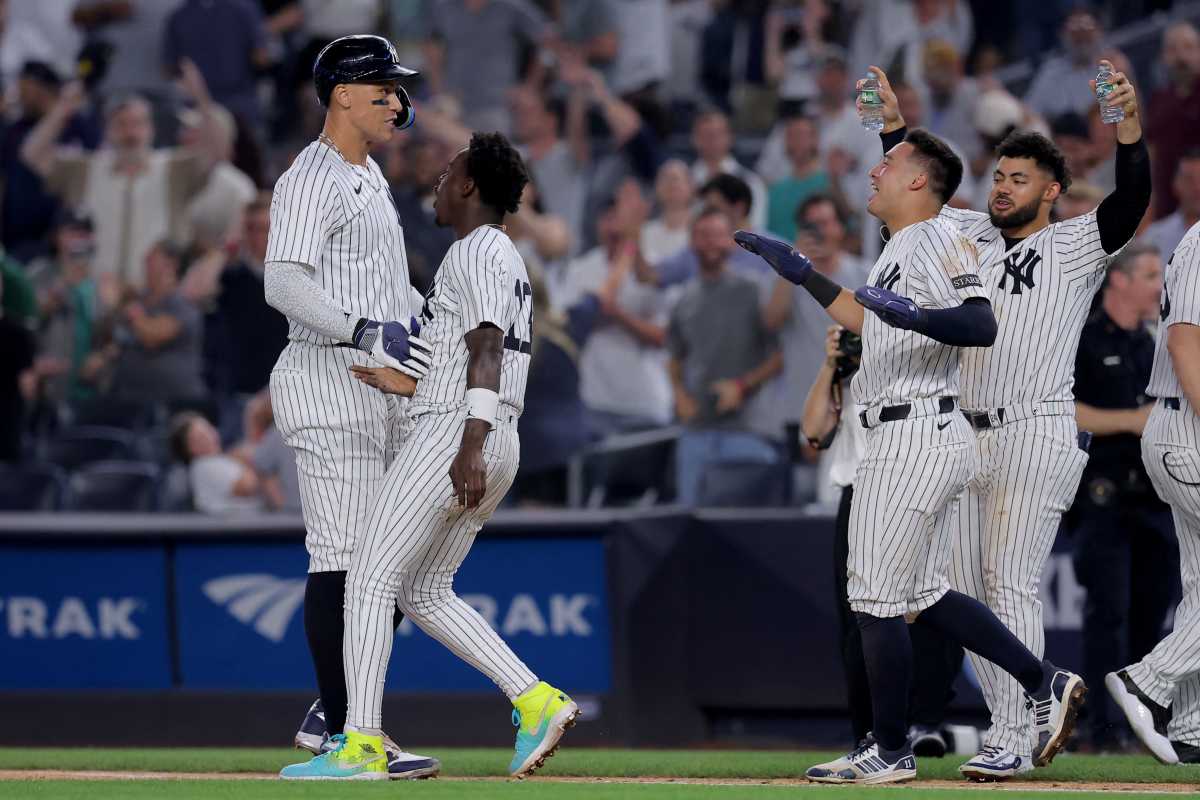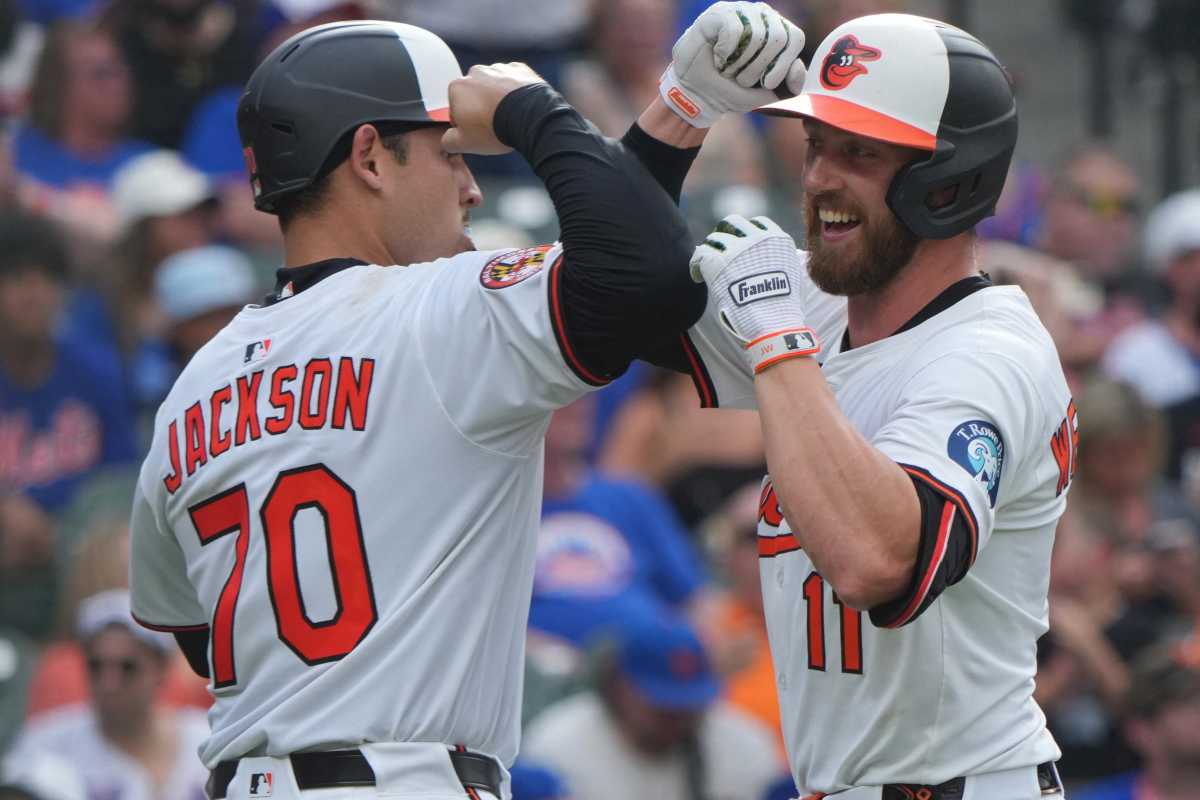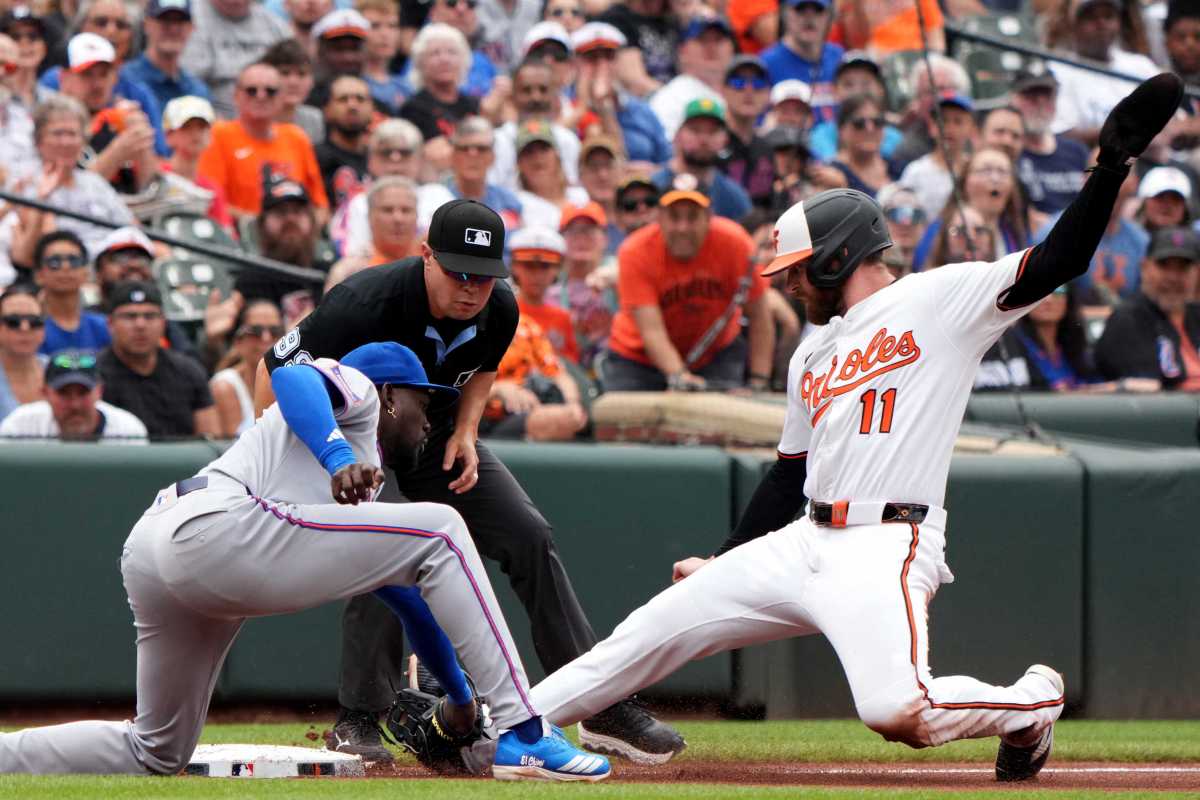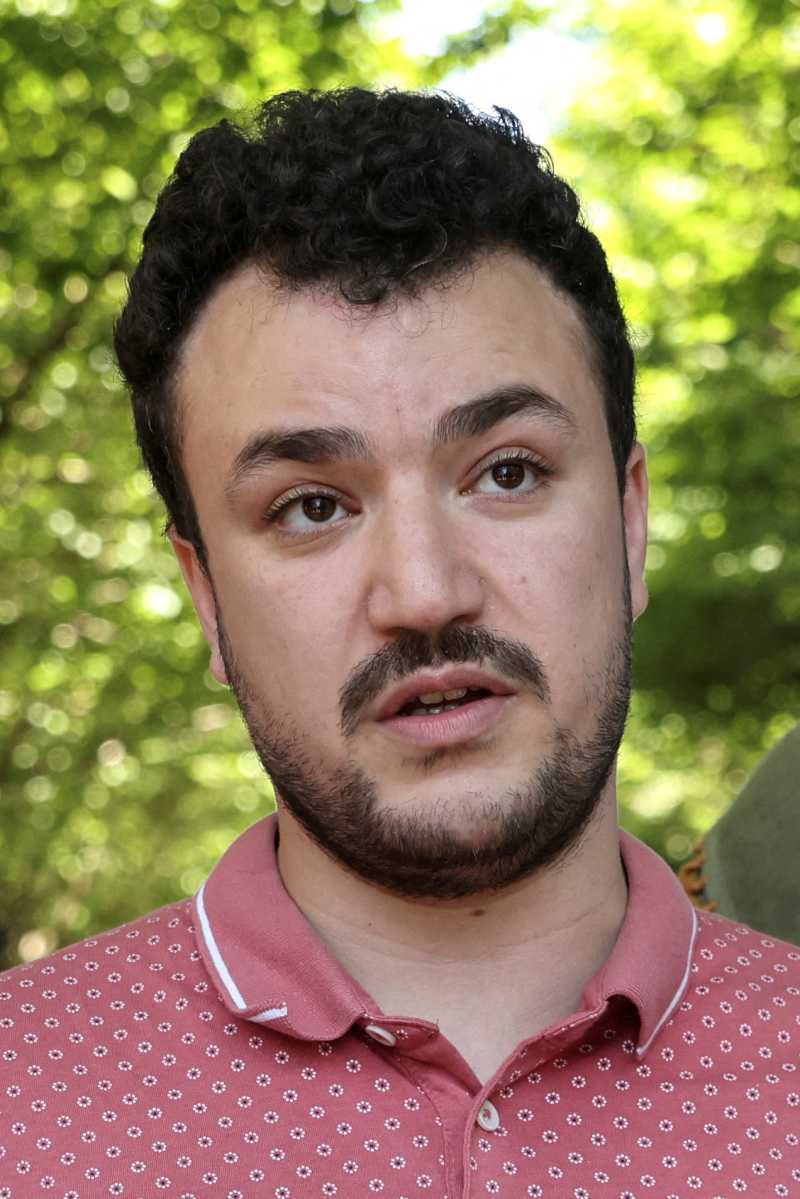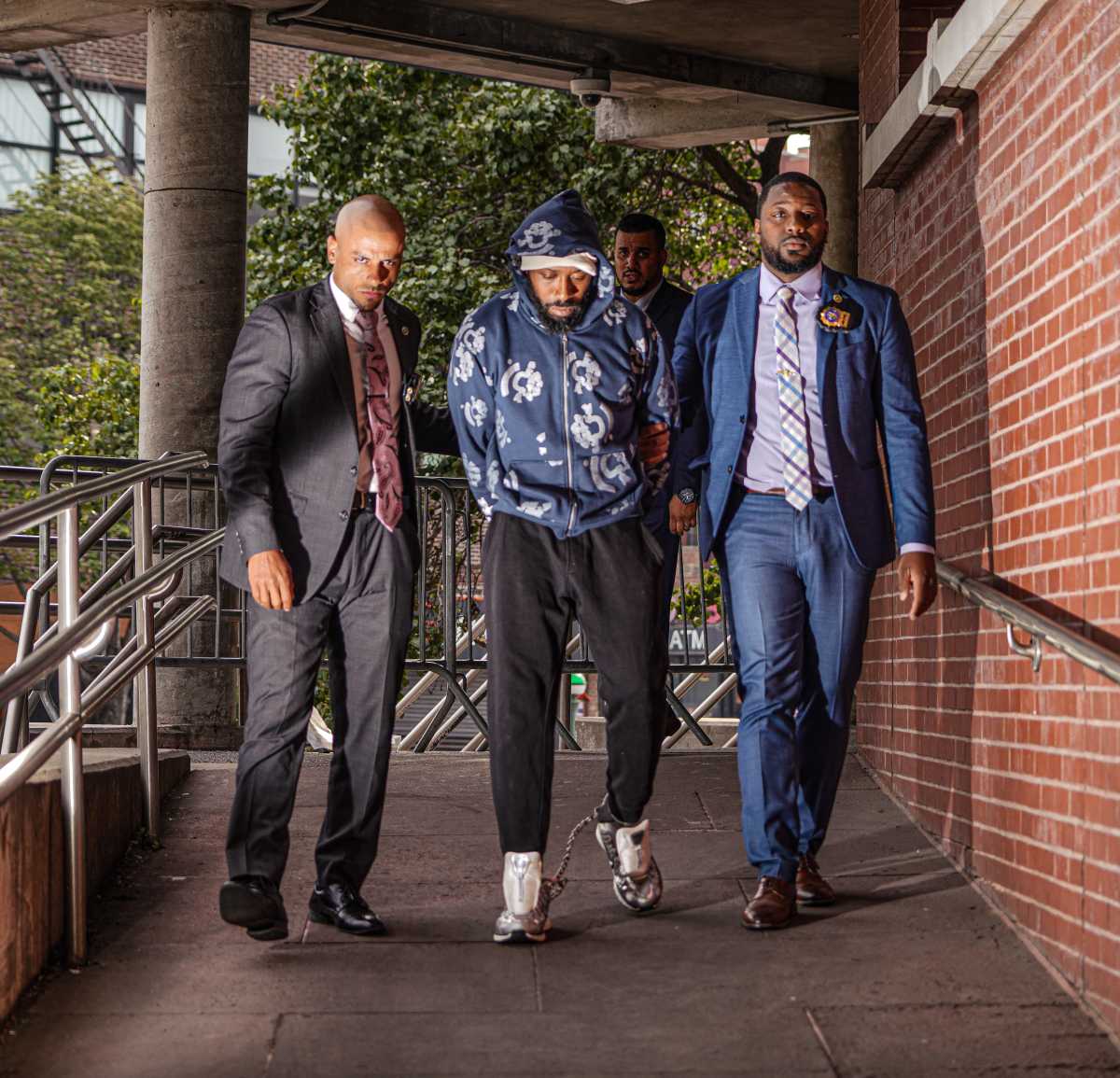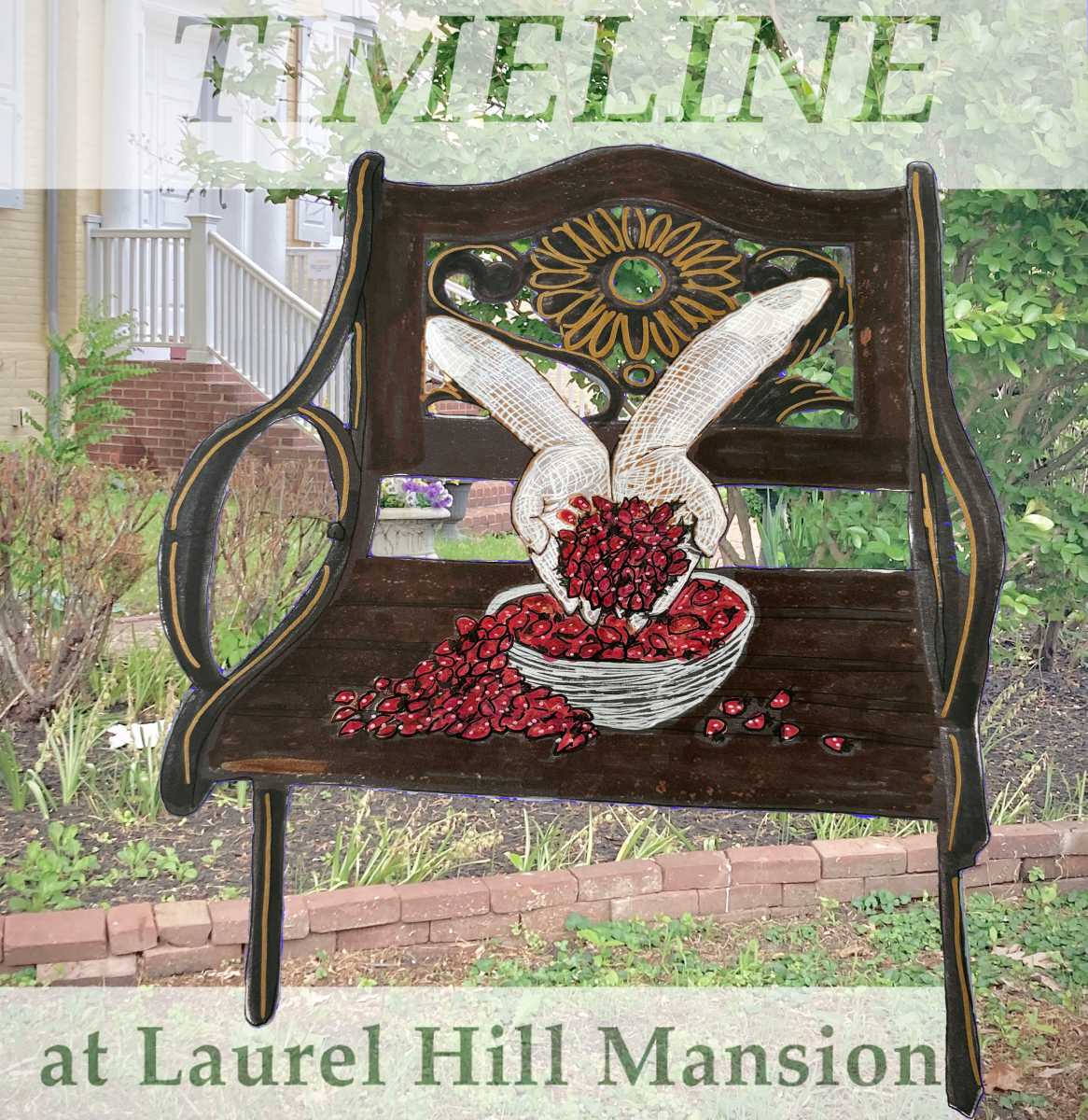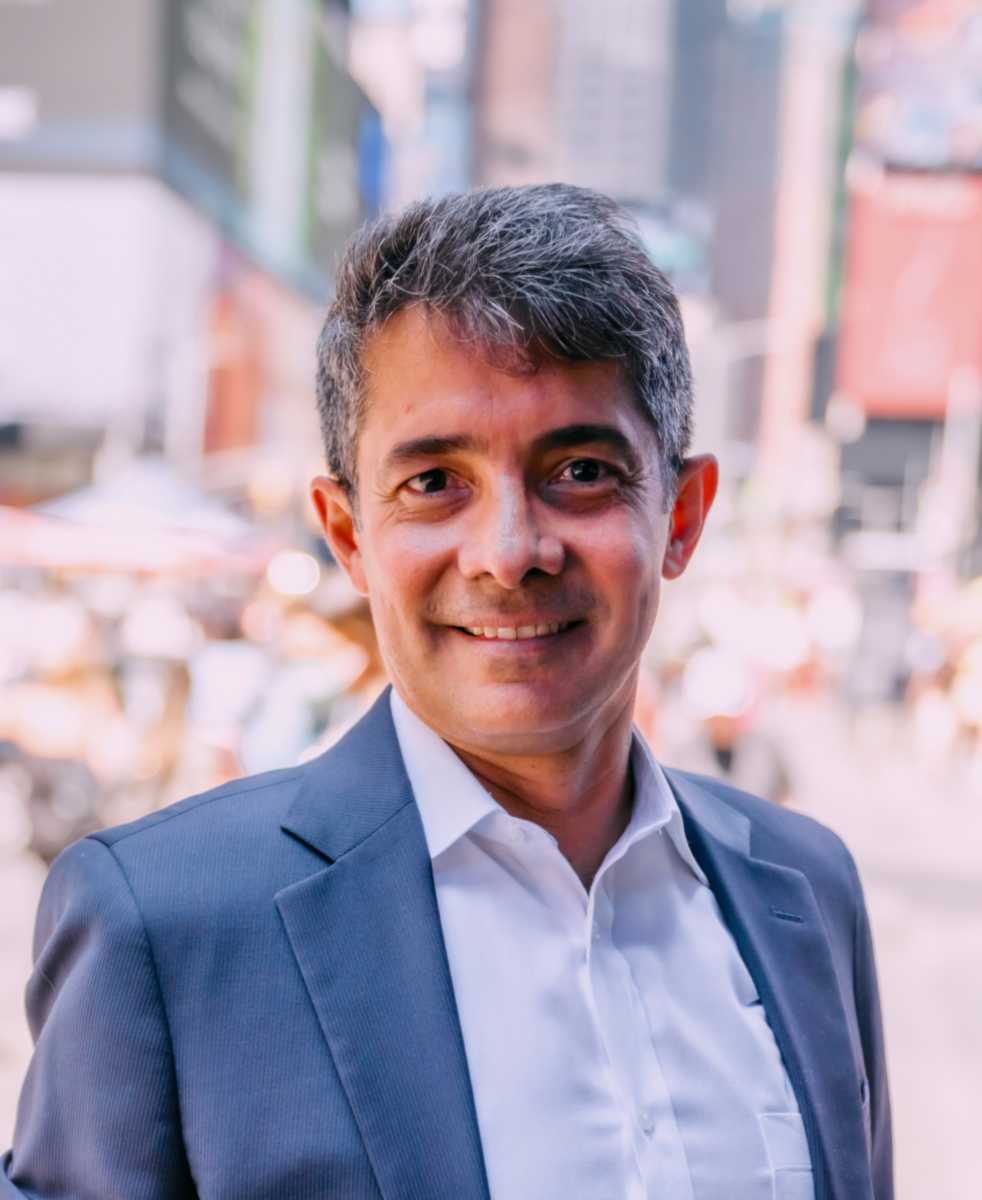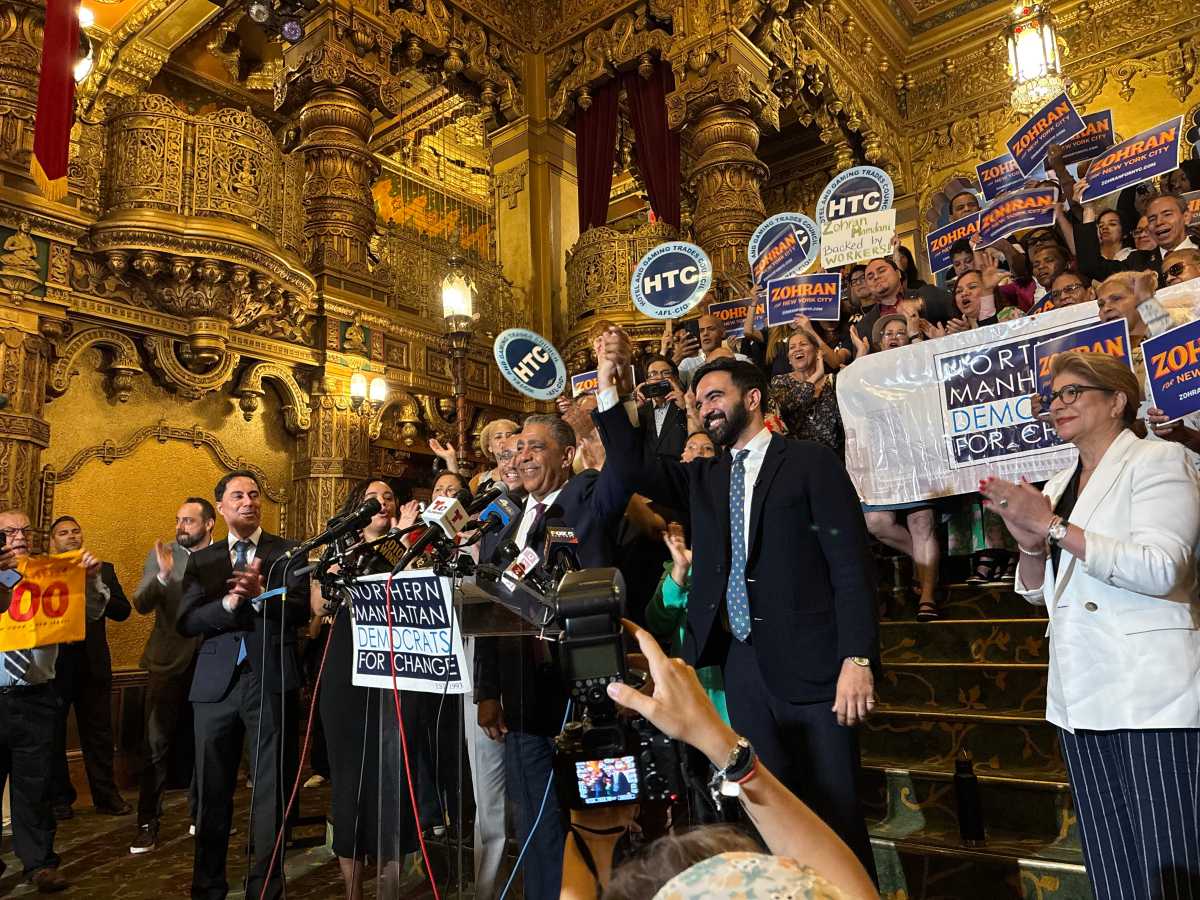Anthony Bourdain’s Twitter bio reads simply: “Enthusiast.” That word took many forms for a man who spent his career sharing the wonders he found in every corner of the world on No Reservations, Parts Unknown and his many books, podcasts and columns.
What Bourdain accomplished was making the world feel a little less remote and strange. He went places and ate things that weren’t on anybody’s culinary radar, all the while letting the people who made it tell its story. Foreign dishes became just what another family on the other side of the world would be sitting down to that night instead something strange. He made us all feel like neighbors.
Trying to distill him down to a single phrase — even ones as grand as celebrity chef, food adventurer and restaurant activist — is impossible. The legacy of Anthony Bourdain is all of these things and much more, all of it adding up to a roadmap of how to be a better human being.
Make compassion your knee-jerk reaction
Remember Marilyn Hagerty, the North Dakota food columnist whose earnest review of a local Olive Garden was mocked all over the world? Bourdain saw her differently: “This is the way much of America eats, and I just thought this body of work, these 30 years of dining in North Dakota is in essence a history of dining in America,” he told CBS. He went on to publish a book of her reviews, Grand Forks, even writing the foreword to it. Bourdain knew compassion is difficult — it requires you to let other people’s emotions, which are often pain, into your heart. But he did it anyway, because he knew it’s the only way we’ll ever understand each other.
Very heartbroken right now. Whenever I get homesick for Vietnam, I’d put on one of Bourdain’s many Vietnam eps in his shows. That kind of trust in the way a white man portrays my culture is not easy to cultivate, and I doubt if there’ll be another like him.
— Phuong Le (@smallnartless) June 8, 2018
Approach the unknown with curiosity instead of fear
By breaking bread at tables all over the world, Bourdain made the world feel like one big neighborhood. He drew people in with his boundless enthusiasm for everything he encountered, and watching him made audiences want to see what all his excitement was about. By showing families making and serving dishes and exploring their cultural and historical roots, Bourdain transformed the unknown from strange to intriguing and inspired a generation of foodie travelers looking to broaden their own culinary horizons.
Low plastic stool, cheap but delicious noodles, cold Hanoi beer. pic.twitter.com/KgC3VIEPQr
— Anthony Bourdain (@Bourdain) May 23, 2016
Get to know the places you go
It’s great that immigration means you can eat authentic Mexican dishes well beyond the Rio Grande. But it will never be the same as eating food where it came from — and just as importantly, with the people who live there. Bourdain never ate alone, often inviting local families and chefs to explore a dish’s cultural significance. And when he went to troubled areas like Libya and Palestine, he also invited political figures to the table — including a memorable evening with President Obama in Vietnam.
“Meals make the society, hold the fabric together in lots of ways that were charming and interesting and intoxicating to me,” he told BookPage in 2007. “The perfect meal, or the best meals, occur in a context that frequently has very little to do with the food itself.” Bourdain deserves credit for the rise in tourists seeking authentic experiences when they travel.
Be willing to learn from your mistakes
Even someone as open to new experiences as Bourdain has days when he’d rather be on his own sofa, eating Americanized Chinese food. So on the rare occasion when he fell short on his job of going places and presenting them with an open mind and willing soul for adventure, he owned up to it and was willing to go back and try again.
Here is Anthony Bourdain with a group of children in Gaza. Thank you for shining your light on the dark places. pic.twitter.com/225CETUQZd
— Erin Cunningham (@erinmcunningham) June 8, 2018
Call out bad behavior
Bourdain often used the platform he was given to hold others accountable. He wrote about the toxic culture of restaurants almost two decades before the same issues started making headlines. He was a harsh critic of Henry Kissinger for the geopolitical mess he made of Cambodia. And he relentlessly supported his girlfriend Asia Argento telling her own #MeToo account of abuse by Harvey Weinstein.
Anthony Bourdain had one of the only shows on tv that tried with all its might to teach Americans not to be scared of other people.
— Allison F.? (@ablington) June 8, 2018
Use your privilege to help others
Before becoming famous, Bourdain spent 20 years working as a chef and manager, and knew who does the heavy lifting in America’s restaurants. He be was a longtime advocate for immigrants’ rights.
Back in 2015, when President Donald Trump’s threats to deport all 11 million undocumented immigrants in America were just beginning, Bourdain went on SiriusXM to say that Mexican and Central American workers were the “backbone” of the food industry that that “every restaurant in America would shut down” if Trump got his way.
Even when it could cost him personal prestige, he spoke out. The food world’s Oscars the James Beard Awards declared itself “the ultimate melting pot” in 2011. In response, Bourdain wrote, “Maybe when they make para-legal advice for Mexican cooks a priority — or take a loud, persistent stand on the people doing so much of the actual cooking in this country, I’ll change my views. Till then? Screw ‘em.”
RIP doubtful. Tony’s restless spirit will roam the earth in search of justice, truth and a great bowl of noodles. @Bourdain
— Tom Colicchio (@tomcolicchio) June 8, 2018
Eat what you love
Modern foodies’ lives are so ruled by Michelin stars and Instagram trends that our own tastes can be largely irrelevant. Bourdain was always reminding people to get over what you’re “supposed” to be eating and find the food that brings you joy. While his best friend was Eric Ripert, one of the world’s finest chefs of French cuisine, Bourdain was staunchly against snobbery. He found what was “marvelous” about Waffle House, even declaring it “better than the French Laundry.” He also took food seriously that didn’t get much respect: “French fries may not be a big deal to you, but they’re a very big deal to me.”











